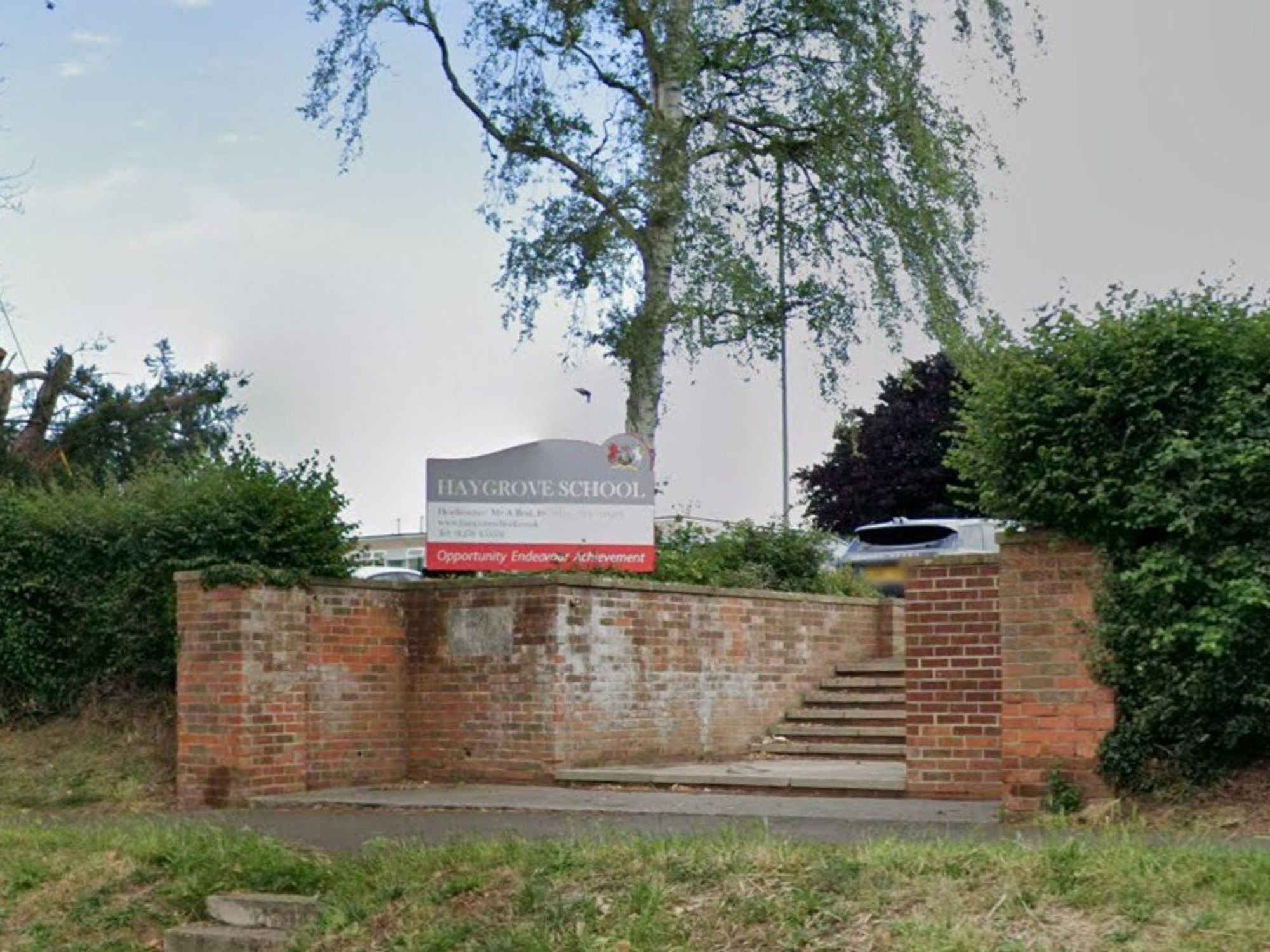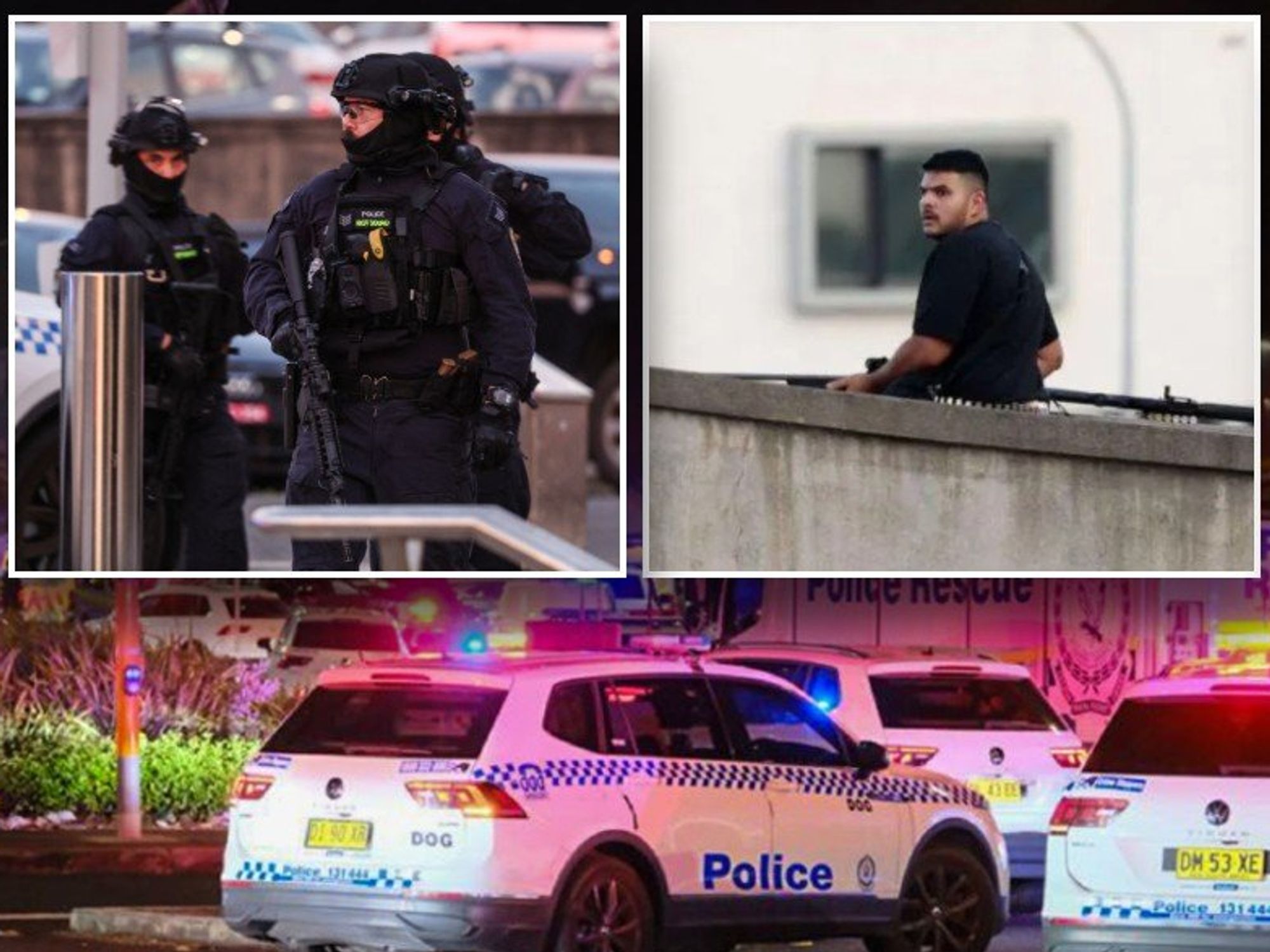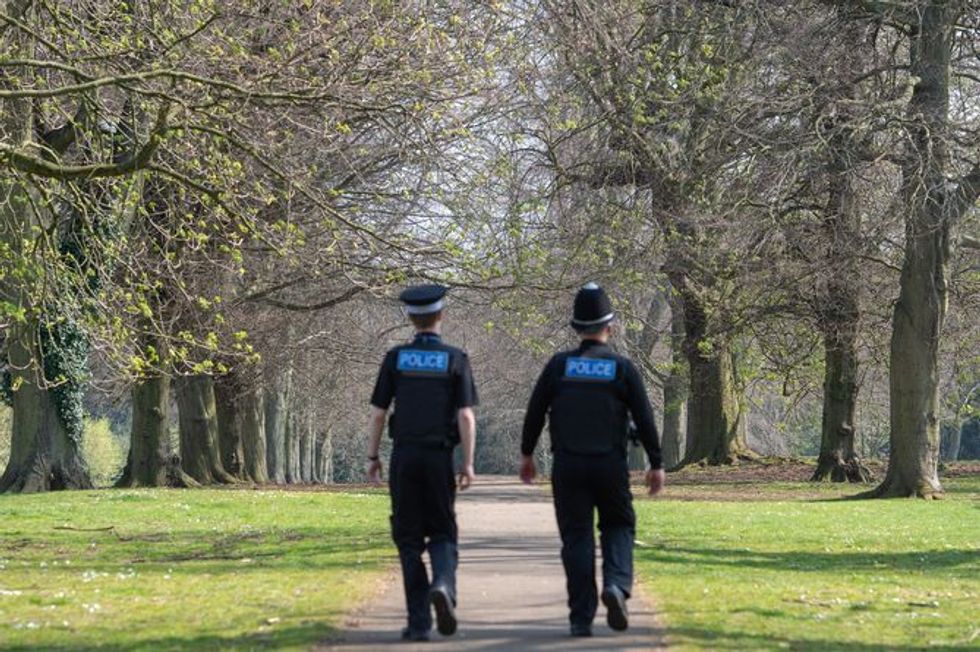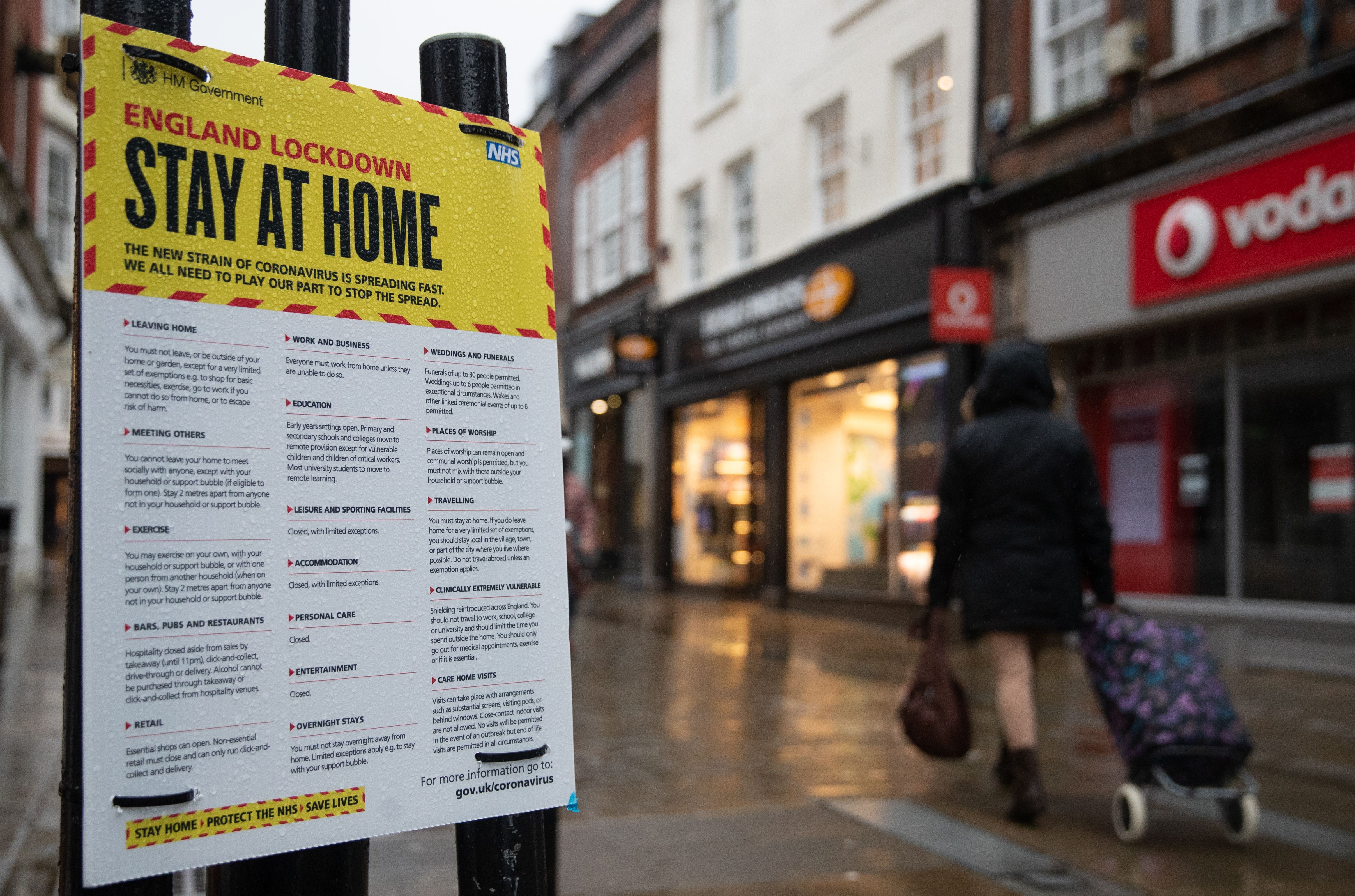Black and Asian people more likely to get Covid-19 lockdown fines, research finds
The figures show that black people were more than twice as likely to be fined than people from white backgrounds
Don't Miss
Most Read
Latest
Black and Asian people were more likely than white people to be given fines for breaking Covid-19 lockdown rules, figures suggest.
Human rights organisation Liberty said the figures, which showed black people were more than twice as likely to be fined than people from white backgrounds, are evidence of the Government prioritising criminalisation over public health, and of bias within police forces.
Data obtained through a freedom of information request from Radar to the National Police Chiefs’ Council (NPCC) show forces in England and Wales issued 98,038 fixed penalty notices for breaches of coronavirus regulations between March 2020 and January 2022, where an ethnicity was stated.
Of these, around 74,000 were white people which, according to latest population estimates, equates to a rate of 15.3 fines for every 10,000 white people.
Black and Asian people were more likely than white people to be given fines for breaking Covid-19 lockdown rules
PA
Black people received around 7,400 fines, equating to a rate of 39.7, meaning they were 2.6 times more likely to be fined.
The figures, from 43 police forces in England and Wales, British Transport Police and Ministry of Defence Police, show the figures rose to 10.9 times more likely in Sussex.
Asian people and those of mixed ethnicity were 1.9 and 1.4 times more likely to receive fines respectively across England and Wales.
The NPCC was asked to provide the number of fixed penalty notices issued for breaches under coronavirus regulations between March 2020 and June 2022, broken down by ethnicity of the person receiving the fine. No fines were issued from February 2022 onwards.
Liberty said the powers handed to police during the pandemic were too broad and resulted in “heavy-handed policing” and exposed “symptomatic” biases.
Jodie Beck, policy and campaigns officer at the organisation, said: “By prioritising criminalisation over public health, the Government laid the foundations for overzealous policing that fell hardest, and most unfairly, on people of colour.
People were urged to stay at home during parts of the covid-19 lockdowns
Andrew Matthews
“The response to the pandemic exposed pre-existing inequalities in how certain communities are over-policed.”
She added that Government should invest in community-led approaches with “participation, fairness and social justice at their heart”.
Social justice group Nacro said the figures show one of the ways people from ethnic minority backgrounds face disparity in the criminal justice system.
Chief executive Campbell Robb said: “Over-policing and criminalising people from ethnic minority backgrounds can have far-reaching consequences by eroding trust between communities and the authorities.
“Whilst we do not know the exact reason for the disparity, this reflects wider issues in policing and criminal justice, in which black people are disproportionately subjected to negative interactions.”
The NPCC said early results from independent analysis of fines, due out this autumn, show disparities across race, but these are “not necessarily a sign of discrimination”.
A spokesman said instances with no justifiable reason for a disparity must be addressed, and that much has been done by policing to combat racism already.
He said policing is more inclusive and more diverse than ever, but it is “inevitable” that racist views and bias may exist among some staff because they are drawn from wider society.
He added: “Racism or discrimination of any kind is deplorable, completely unacceptable and should have no place in society and no place in policing.”
A Home Office spokesman said enforcement of Covid laws was used only as a last resort and it expects all officers to carry out their duties without prejudice.













